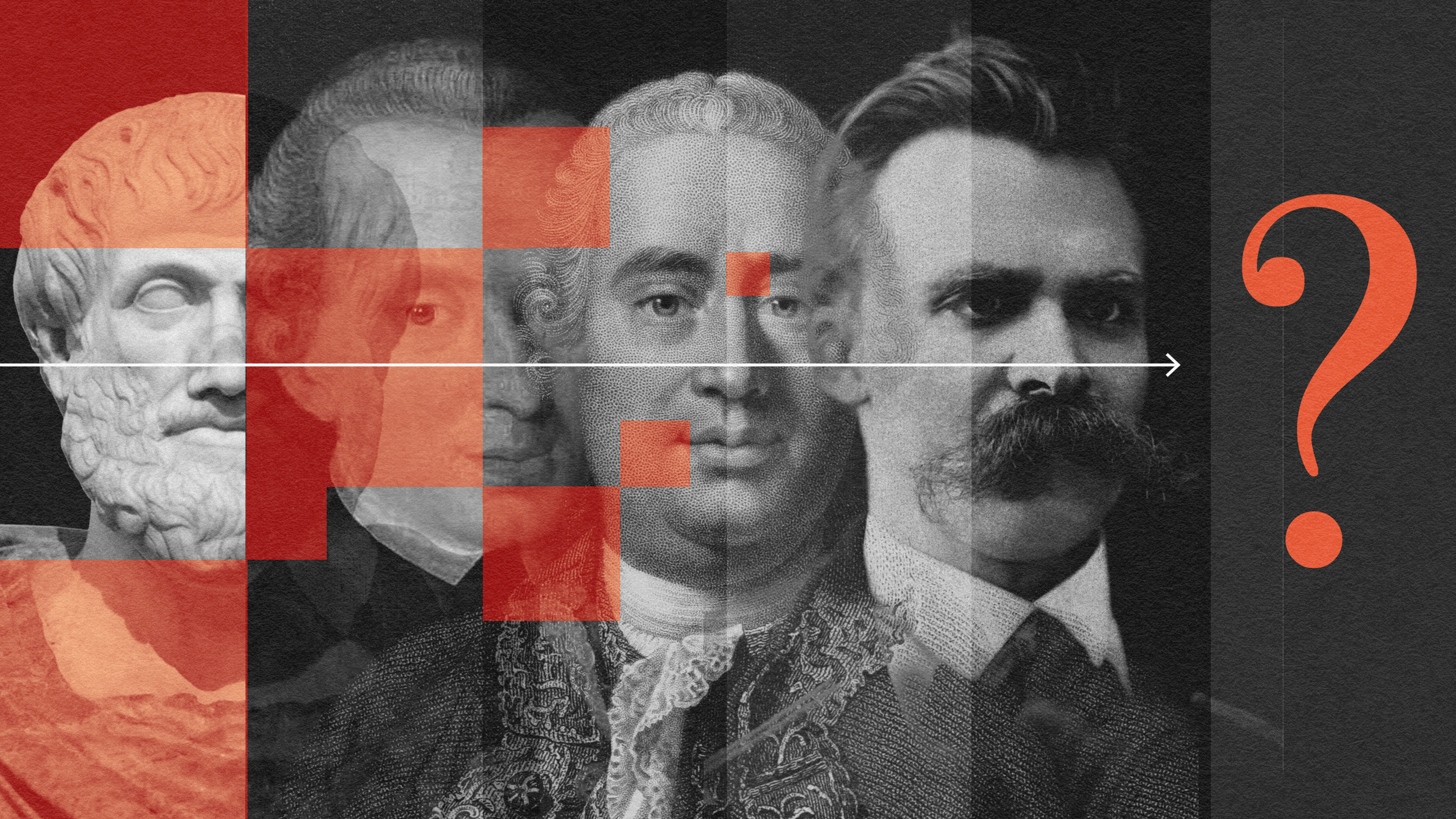Machines Will Outsmart Humans by 2075, Say 90% of Computer Scientists

What’s the Latest?
Given the pace of artificial intelligence development, half of computer programmers surveyed by the Financial Times expect machines to outsmart humans by 2040, and a stunning 90 percent expect this “superinteliigence” to emerge by 2075. When machines become capable of improving their selves faster than humans can, the result will change the world forever, says Nick Bostrom, founding director of Oxford’s university’s Future of Humanity Institute. Bostrom divides current AI efforts into two categories: “One, based on neurobiology, aims to understand and emulate the workings of the human brain. The other, based on computer science, uses the inorganic architecture of electronics and appropriate software to produce intelligence, without worrying too much how people think.”
What’s the Big Idea?
While Bostrom makes no predictions about which is likely to succeed, the specificity of his vision should the machines wish to eliminate humans is stark: “[I]t might use its hacking superpower to take control of robotic manipulators and automated labs; or deploy its powers of social manipulation to persuade human collaborators to work for it. There might be a covert preparation stage in which microscopic entities capable of replicating themselves by nanotechnology or biotechnology are deployed worldwide at an extremely low concentration. Then at a pre-set time nanofactories producing nerve gas or target-seeking mosquito-like robots might spring forth…”
Read more at the Financial Times
Photo credit: Shutterstock





